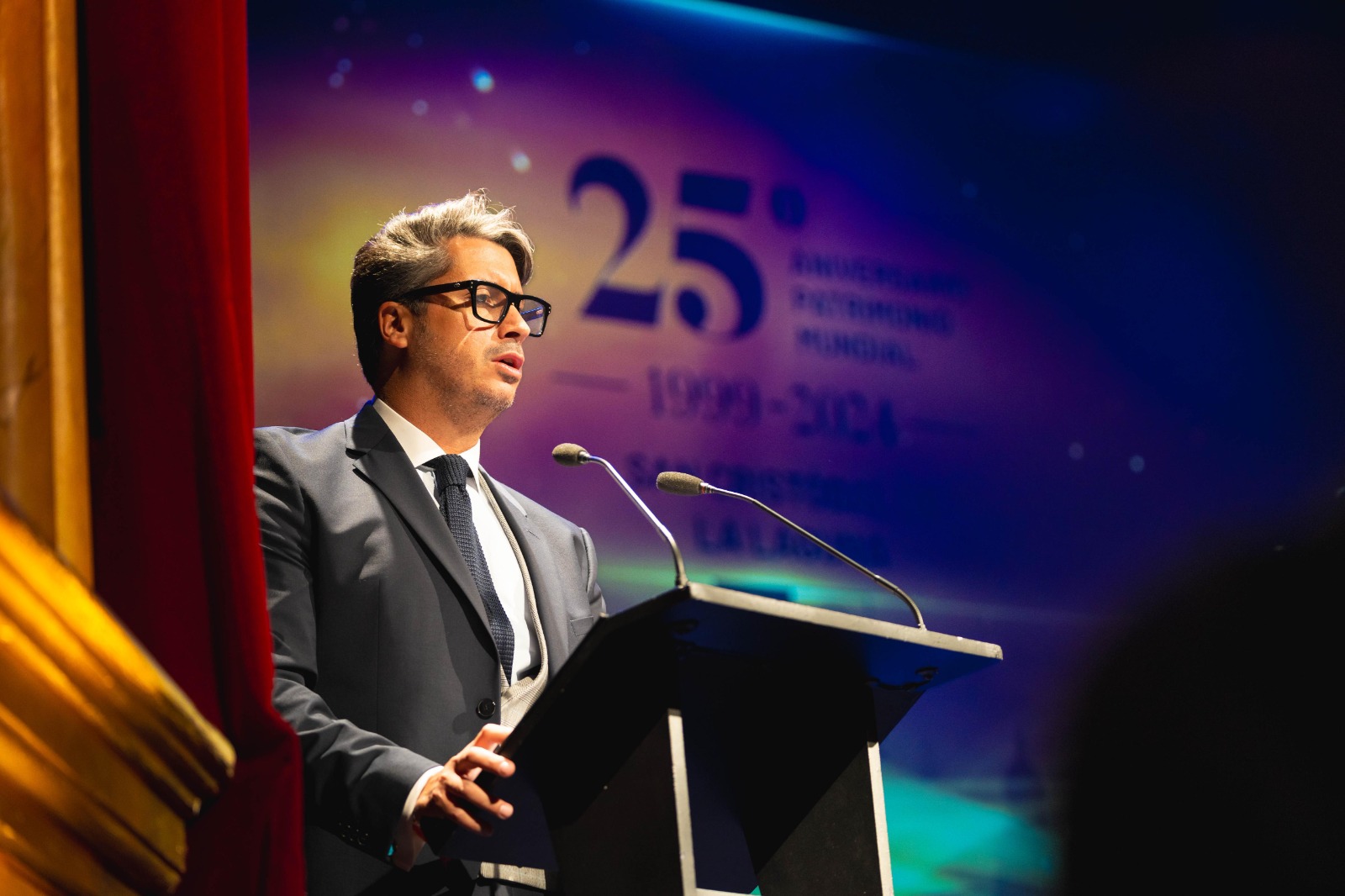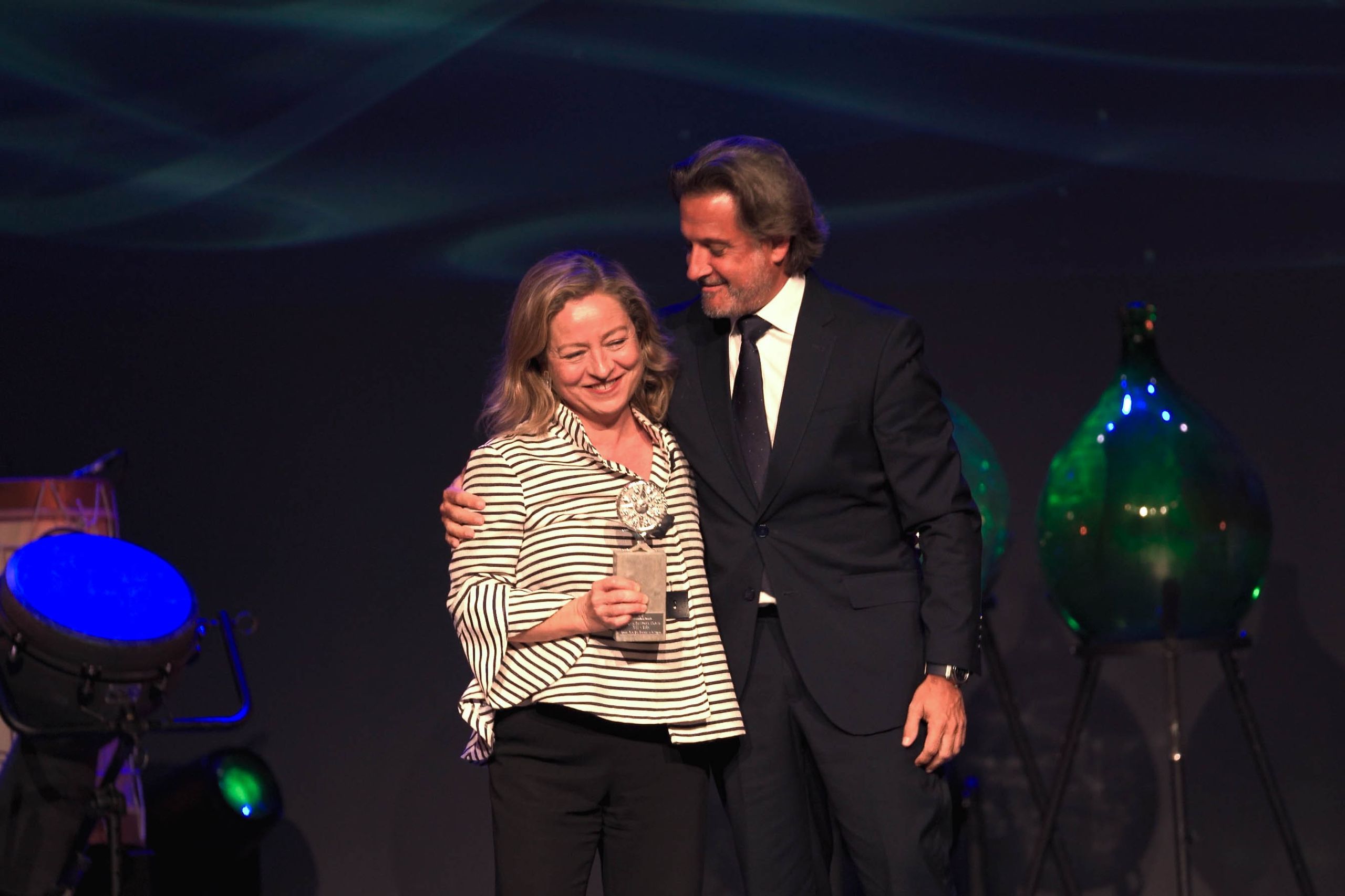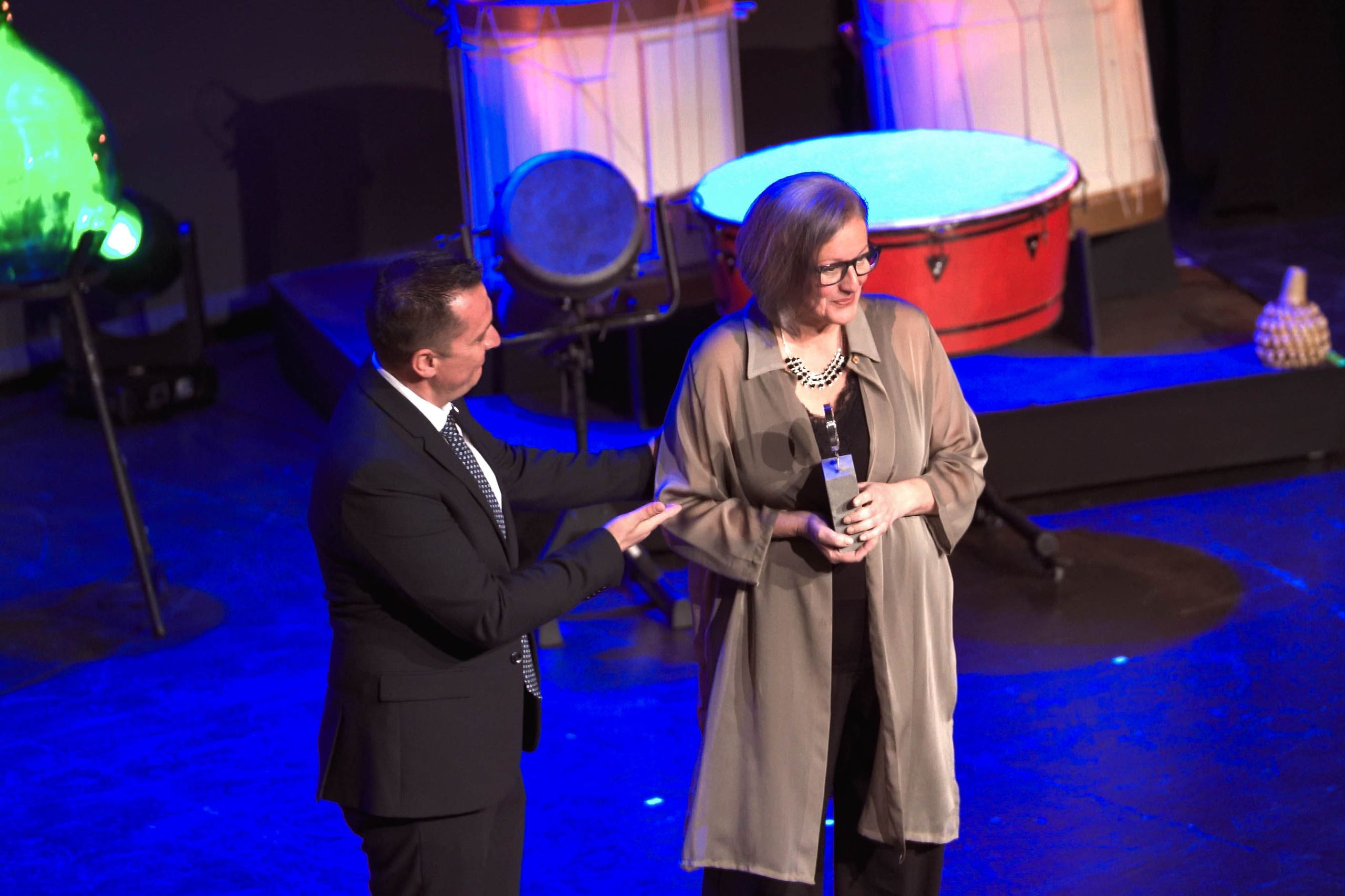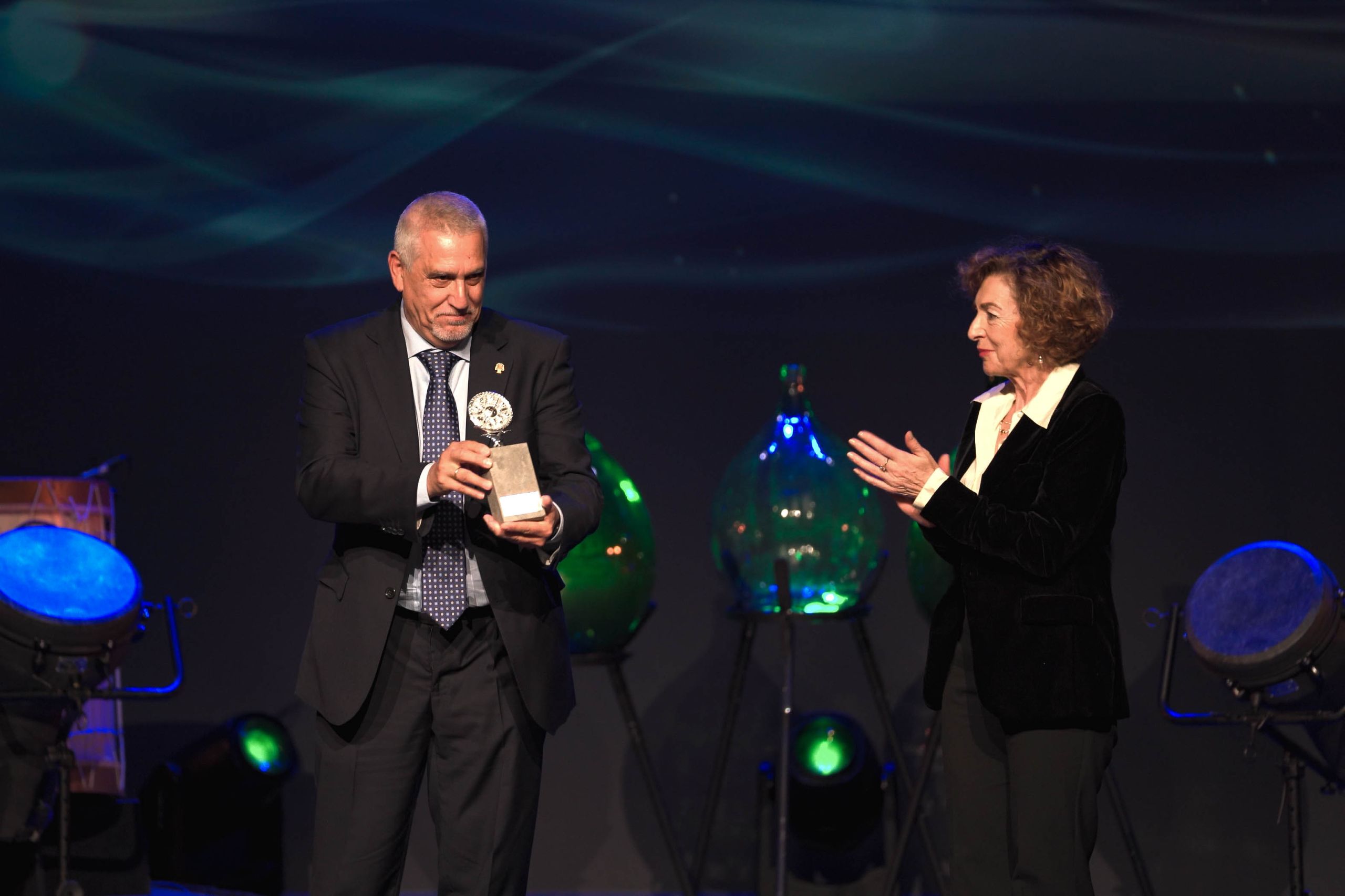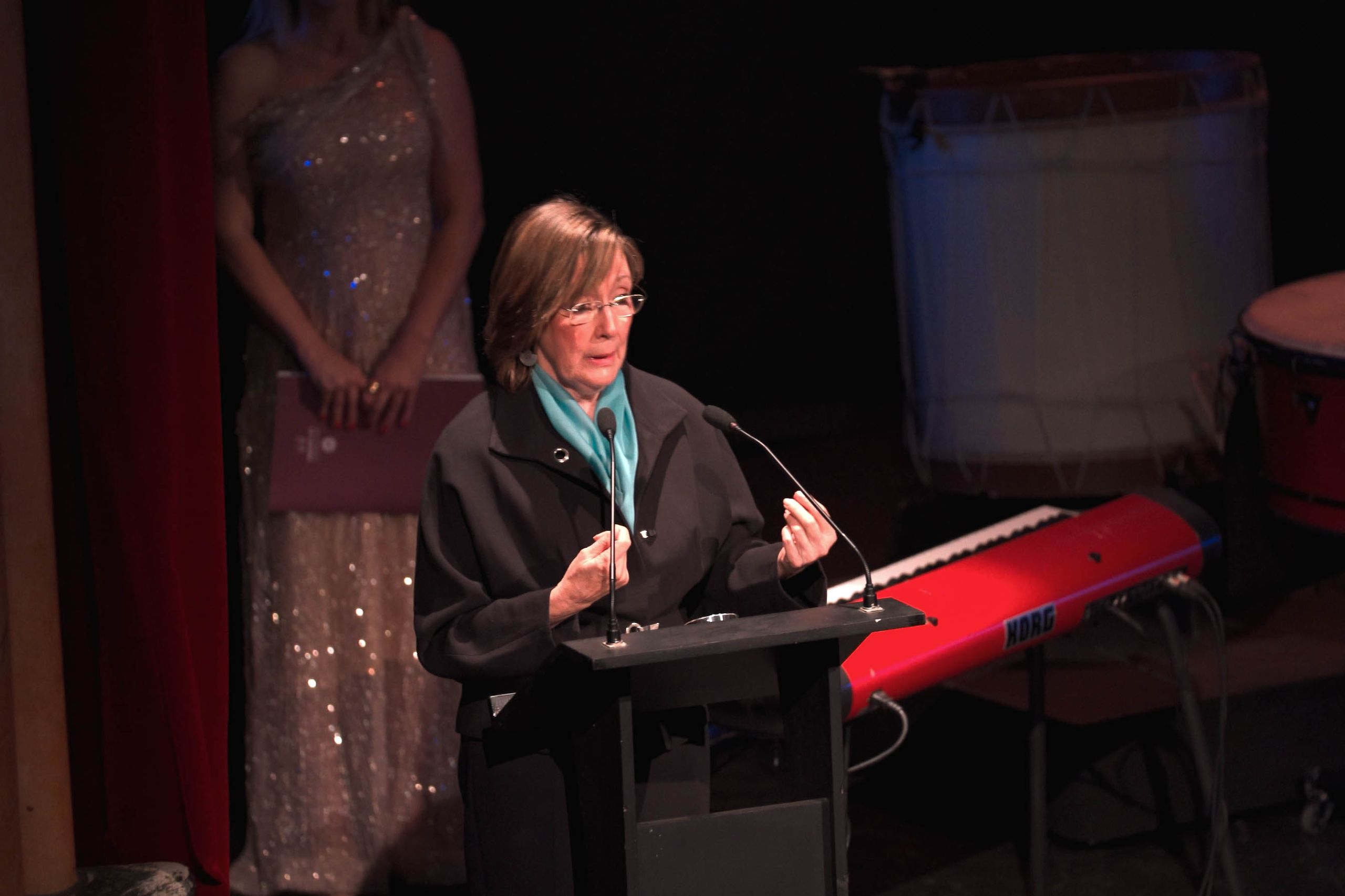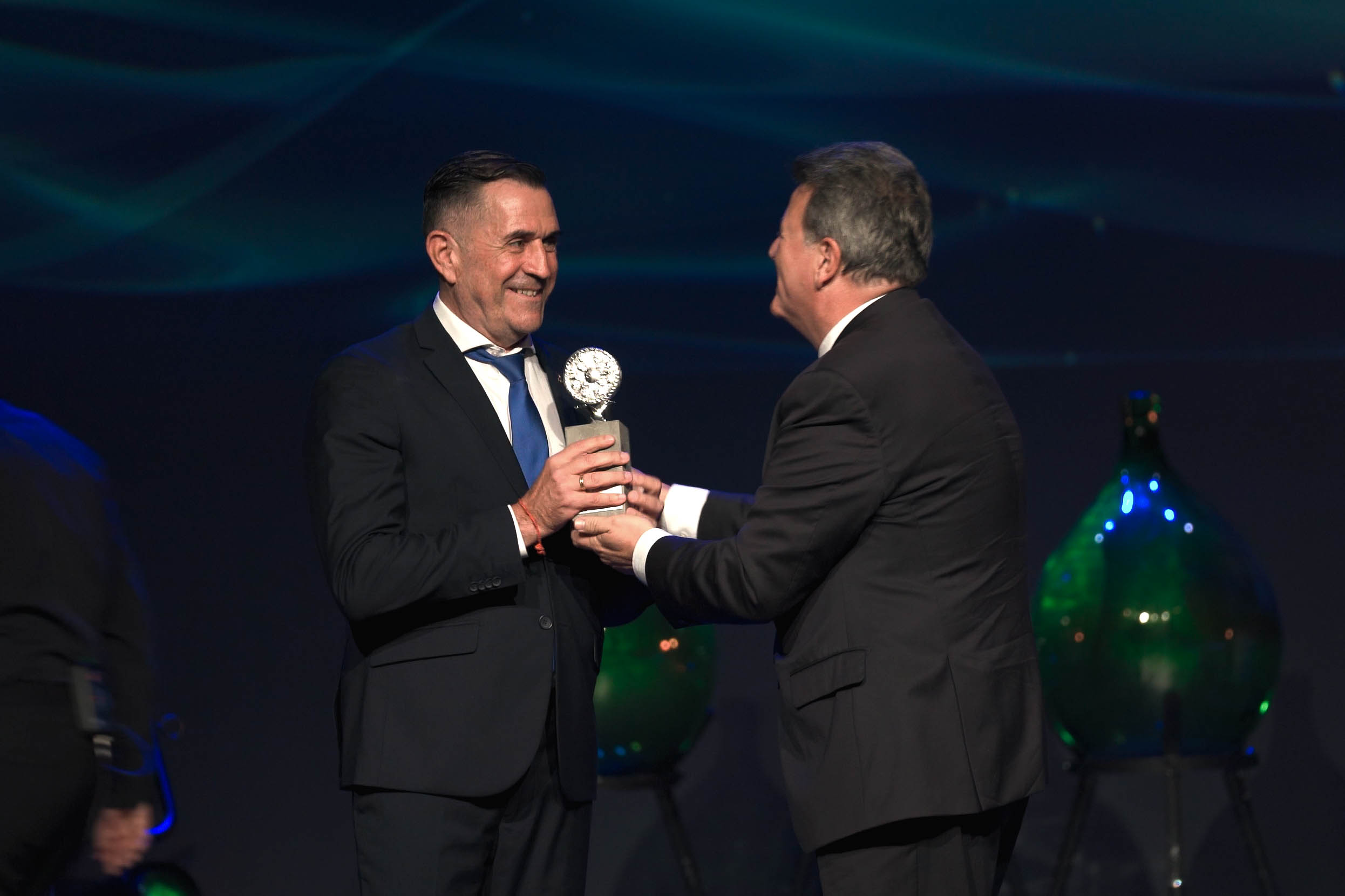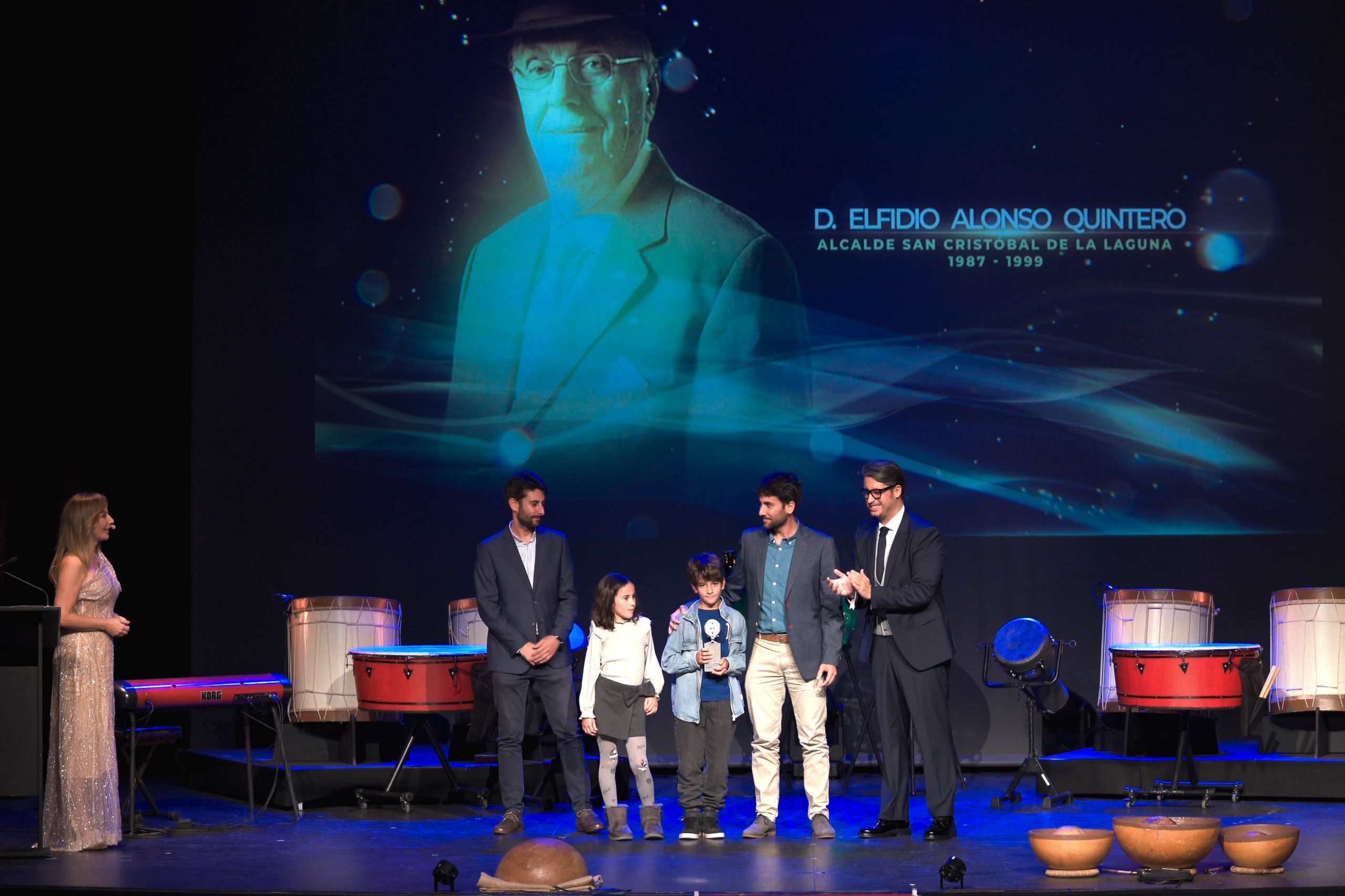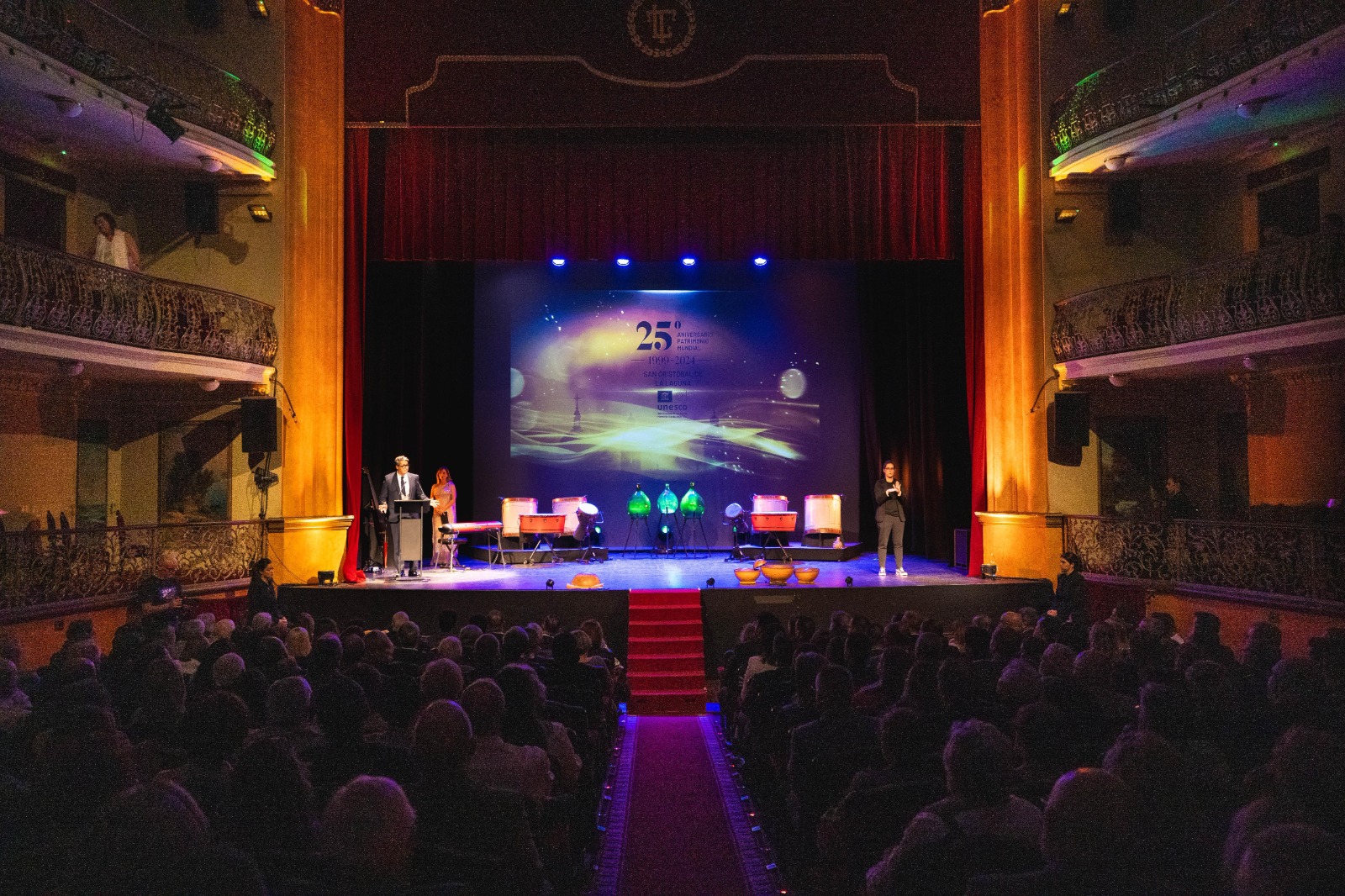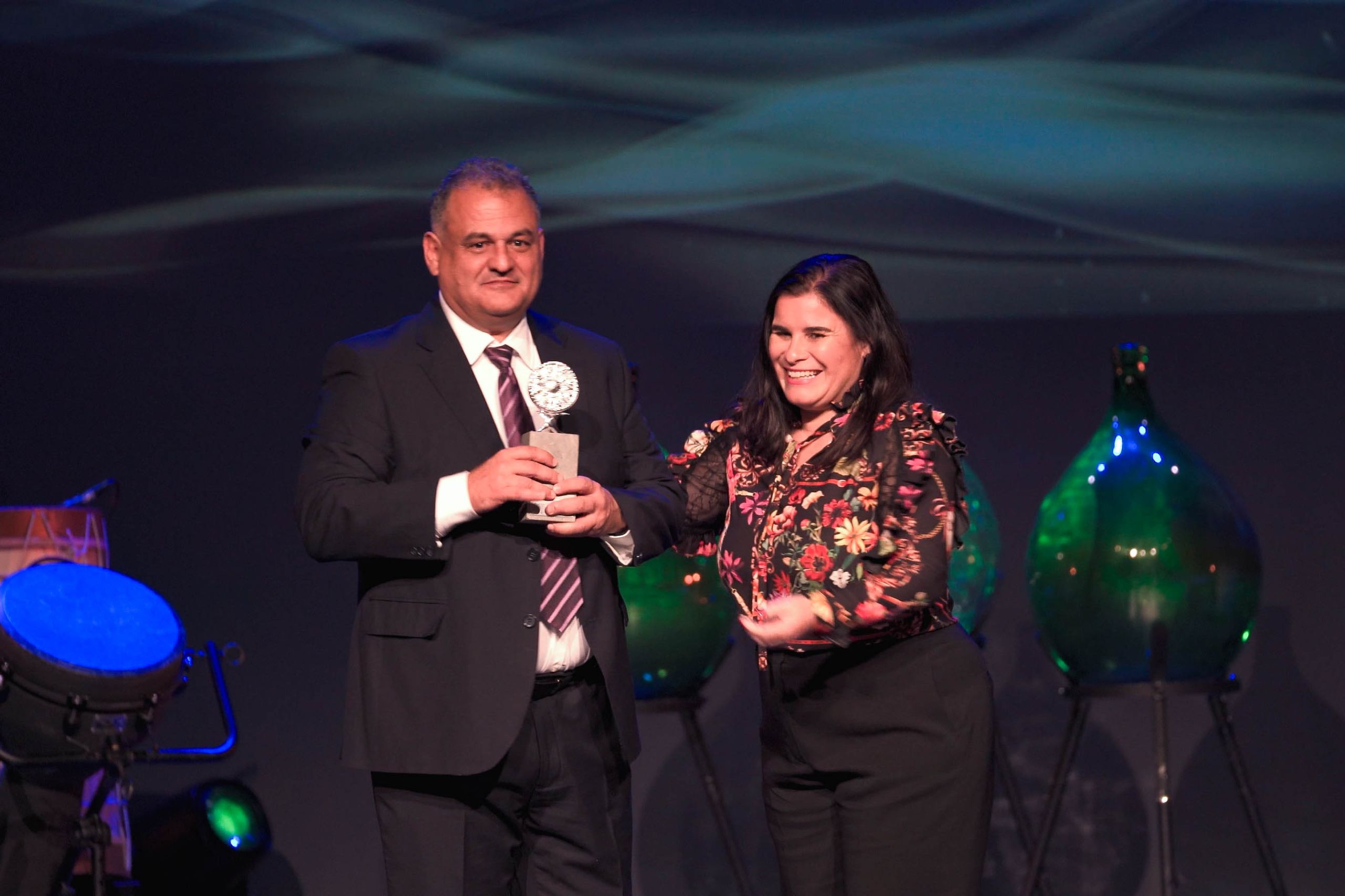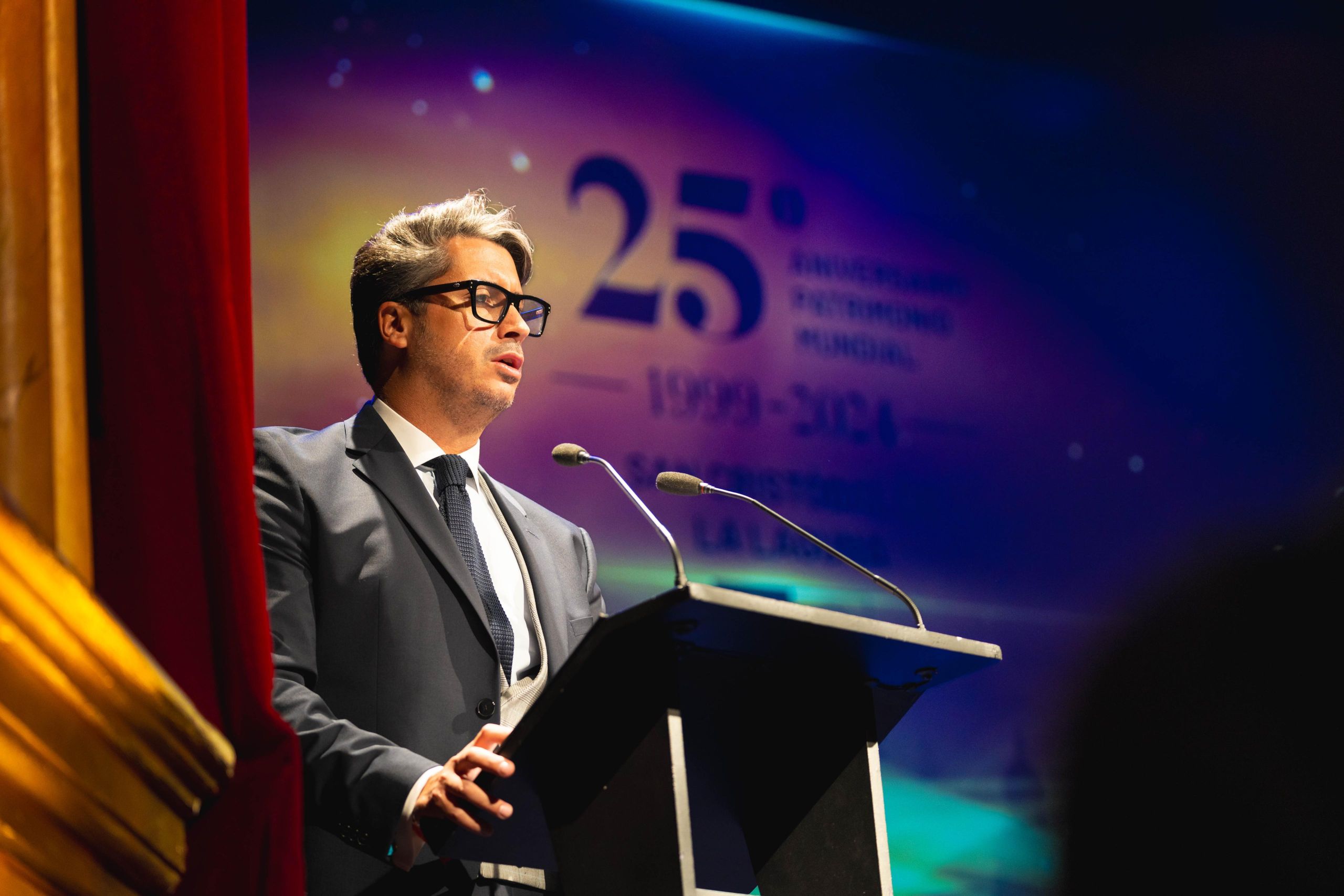In an institutional ceremony, the City Council recognises the promoters and guardians of this legacy on the occasion of the 25th anniversary of the city’s inclusion on the Unesco list.
This afternoon the Teatro Leal hosted the central moment of the programme of events with which La Laguna commemorates the 25th anniversary of the declaration of its historic city as a World Heritage Cultural Asset by Unesco, an institutional ceremony with which the City Council and the citizens wanted to recognise and honour the efforts of the many people who were involved in achieving this unique recognition in the Canary Islands and whose leadership has been essential in the preservation of its exceptional universal value.
Presided over by the Mayor of La Laguna, Luis Yeray Gutiérrez, this event represented a well-deserved tribute to the technical teams, researchers and representatives of the City Council who were instrumental in achieving the goal of safeguarding the legacy of 528 years of history and recovering the public space as a meeting place and a place for social, economic and cultural development.
In an emotional celebration, the dedication and contribution of former mayors Elfidio Alonso Quintero, Ana Oramas González-Moro, Fernando Clavijo Batlle and José Alberto Díaz Domínguez, as well as former councillors of Culture and Historical Heritage of the municipality Oswaldo Brito González (posthumously) and Juan Manuel Castañeda Contreras were recognised.
Tribute was also paid to the graduate in Art History and municipal advisor in the area of Historical Heritage in 1999, Asunción Álvarez Arvelo; the graduate in History and municipal technician in the Department of Cultural Heritage, Fátima Melián Pacheco; the doctor in Art History and professor at the University of La Laguna (ULL), Jesús Pérez Morera, and the professor of Art History at the ULL, Maisa Navarro Segura.
The Mayor of La Laguna, on behalf of the entire Corporation and the people of La Laguna, also thanked the honorary president of the International Centre for Heritage Conservation, Miguel Ángel Fernández Matrán, who favoured the creation of international ties that were decisive for this recognition.
Luis Yeray Gutiérrez recalled that “the Unesco title was a collective success of the entire citizenry, but it had the determined drive of a series of men and women whose contribution it is only fair to recognise, people who inspire us to continue this shared commitment to the conservation of our heritage and ensure that the legacy of La Laguna endures for generations to come”.
“Through them,” said Gutiérrez, “we recognise the love of the citizens for this city and for the values of peace, freedom and coexistence that it represents. Today, centuries later, we have the duty to preserve and promote the humanistic spirit with which it was conceived and to strengthen its universal, cosmopolitan character, open to the world, a melting pot of cultures, a meeting place, and also a place for agriculture, trade and dialogue”.
A sculpture to commemorate the Baroque tradition of La Laguna
In a ceremony presented by the journalist Pilar Rumeu and featuring performances by Pieles and the Kanar Quartet, all the honorees were presented with a sculpture made by Krijer Hermanos Orfebres for the occasion. It is a totem with a base of green volcanic stone and crowned by a wind rose, carved in silver and in the Baroque style of La Laguna, which houses a globe with the Canary Islands in its centre.
The awards were presented by the Mayor of La Laguna, Luis Yeray Gutiérrez; the Rector of the ULL, Francisco García; the Mayoress of Candelaria and President of the FECAM, Mari Brito; the Councillor for Universities, Science, Innovation and Culture of the Government of the Canary Islands, Migdalia Machín Tavío; the Councillor for Culture and Museums of the Cabildo of Tenerife, José Carlos Acha; the first deputy mayor of La Laguna, Badel Albelo; the local councillor for Cultural Heritage and Territorial Planning, Adolfo Cordobés; the councillor for Culture, Adrián del Castillo, as well as the president of the CajaCanarias Foundation, Margarita Ramos, and the deputy and former president of the Parliament of the Canary Islands, Gustavo Matos.



